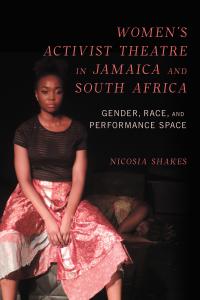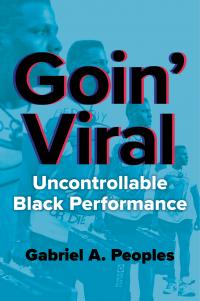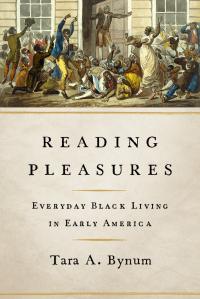
Beyond Bondage
Free Women of Color in the Americas
The black women who were not slaves during the era of slavery
Cloth – $125
978-0-252-02939-4
Paper – $28
978-0-252-07194-2
eBook – $19.95
978-0-252-09136-0
Publication Date
Paperback: 01/01/2004
Cloth: 12/06/2004
Cloth: 12/06/2004
Series: The New Black Studies Series
About the Book
Emancipation, manumission, and complex legalities surrounding slavery led to a number of women of color achieving a measure of freedom and prosperity from the 1600s through the 1800s. These black women held property in places like Suriname and New Orleans, headed households in Brazil, enjoyed religious freedom in Peru, and created new selves and new lives across the Caribbean.Beyond Bondage outlines the restricted spheres within which free women of color, by virtue of gender and racial restrictions, carved out many kinds of existences. Although their freedom--represented by respectability, opportunity, and the acquisition of property--always remained precarious, the essayists support the surprising conclusion that women of color often sought and obtained these advantages more successfully than their male counterparts.About the Author
David Barry Gaspar is a professor of history at Duke University. He is the author of Bondmen and Rebels: A Study of Master-Slave Relations in Antigua. Darlene Clark Hine is Board of Trustees Emeritus Professor of African American Studies and History at Northwestern University. Her books include Black Women in White: Racial Conflict and Cooperation in the Nursing Profession, 1890-1950. Together they have edited More Than Chattel: Black Women and Slavery in the Americas.Reviews
"This volume is a must-read for students of comparative New World slave systems. Although the primary focus of each essay is the quality of life experienced by women of color in a particular locale, each contributes to a broad picture of the interconnected web of racial identities, class systems, and sexual exploitation that characterized slave societies."--Journal of American History"This book lays a solid foundation for future studies of free black women in the Americas. One of its greatest strengths is its comparative framework, which allows the reader to analytically compare and contrast the different regions of the Americas. Another strength is the wide variety of sources and methodological approaches used by contributors, which results in a richly textured analysis in every essay. . . . Future research will undoubtedly confirm the major finding of this book: that the social position of free women of color--subordinate, yet with access to resources and influence--is crucial for understanding not only women's lives in the Americas but also slavery, race relations, urban work, and spiritual life."--American Historical Review
"Many of the essays here are extremely rich, both in their focus on individual lives and in their presentation of important quantitative data which helps us to understand the processes by which people of colour built and sustained gendered communities."--Journal of Peasant Studies
Blurbs
"A pacemaking, trendsetting collection of essays on free women of color that brings to the forefront the varying roles and generally marginalized status of persons who played an important role in the slave societies of the Americas."--Edward Cox, Rice University









